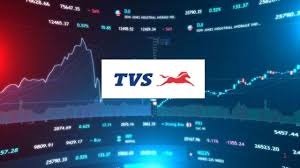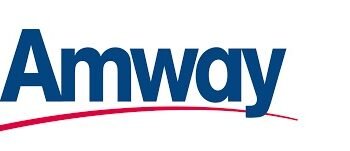Basically, the stock markets transactions income will be taxed within the main ‘Capital gains’ or ‘Profits and gains of business and profession’ relying on whether the trades act as of investment or are taken out as trade exercise.
If the similar would be taxed as trade income or either capital outcome would rely on several factors such as the almost holding span of the investments, the size of the transactions, source of money invested, the aim in the making of assets, etc.
This can be judged upon the facts in every case.
Whereas Intraday transactions ( where the transactions are squared up without actual delivery) in shares behave as speculative transactions and any failure, if happened on intraday transactions, can only be fixed in lieu of any other speculative transaction no matter on commodity or on shares.
From your continuous business activity, this could not even be settled against profits. If there could be any failure apart from the intraday transaction in shares would be pointed against income from any other head except against your salary income, when this kind of transaction is looked after as a trade and not as an investment.
However, if the trades behave as assets any failure from these transactions can only be left apart from capital gains and can’t be left apart from any other head.
Therefore, if there would any loss happened because of you where your shared transaction within both the mains ‘Capital gains’ and Profits and Gains of business or profession’ won’t be left apart from your salary earnings in the present year.
But any failure within both the mains which can’t be departed between the year is accessible to be forwarded for leaving against the income within the similar individual for the specified time span.
Authored By
Amit Gupta, MD, SAG Infotech













